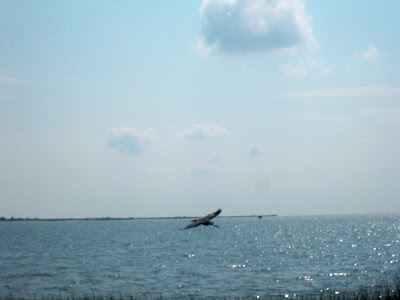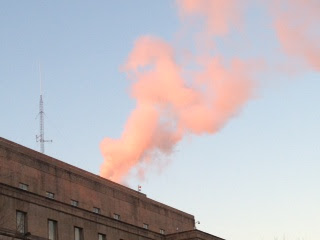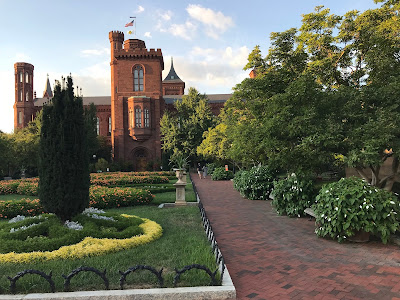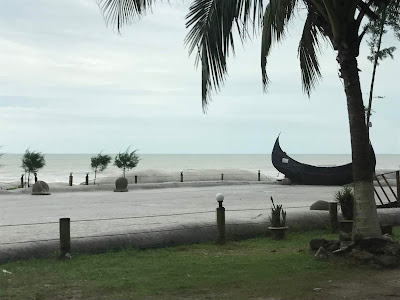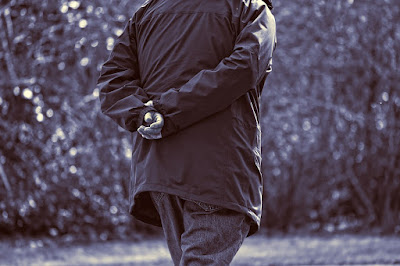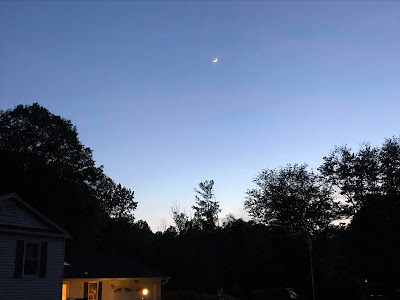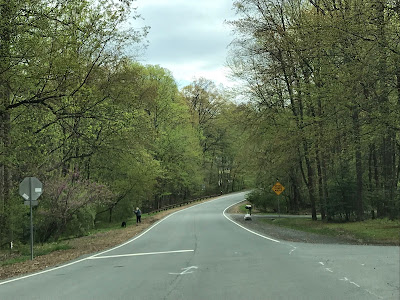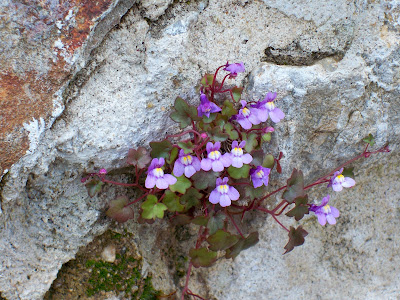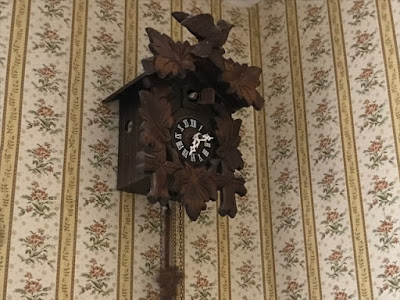Intentionality
In the guided meditation I’ve been doing through work we’ve been exploring the idea of intentionality, of directing our practice toward others who will benefit from it, those at home or in the (now virtual) workplace.
It’s something I recall doing at a yoga class I took years ago, devoting the effort, the realizations and the calmness to a cause beyond ourselves. Back then one or two of my children were still in their teenage years, so I never had a lack of intention.
But I’ve realized today as I’ve pondered this practice (not during the meditation itself, oh no, never then; I’m not thinking about anything then!) is that it’s familiar from even longer ago. It reminds me of something I was taught in my Catholic grammar school, which was to “offer up” our daily trials for the poor souls in Purgatory.
I’m not sure Purgatory is still a thing (a place?) anymore, but the notion of directing our collective effort toward a greater good very much appeals to me. It means that there is a reservoir of good will abroad in the land that we can add to and draw from as needed. And surely we could all benefit from that.
